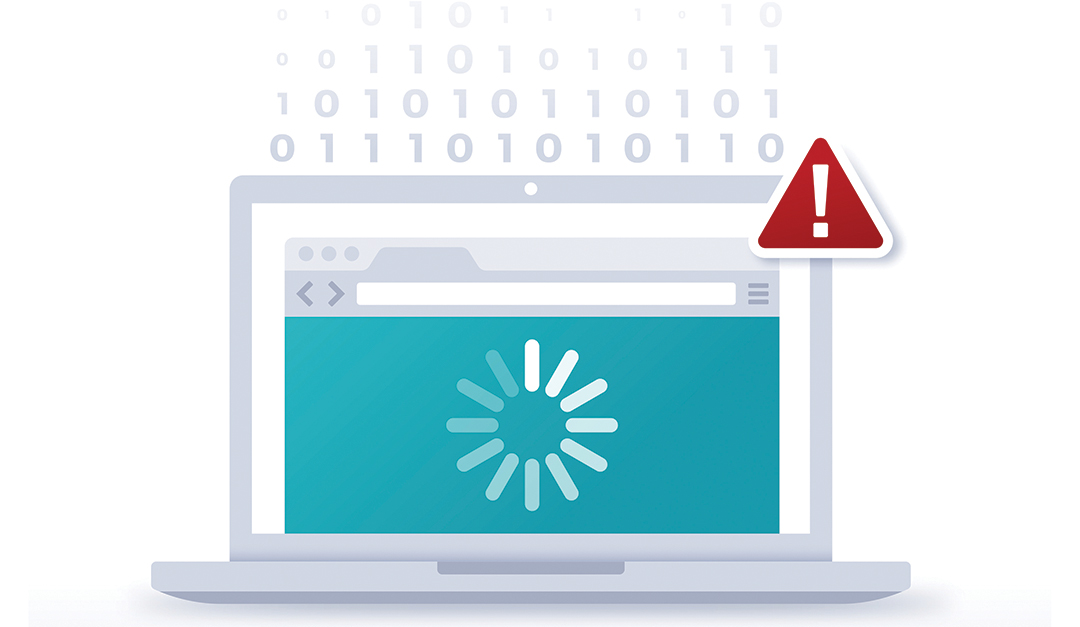Let’s face it: Cybersecurity may be a broker’s least favorite topic. In today’s digital age, however, it’s impossible to ignore.
Imagine the consequences of accidentally exposing clients’ confidential data. What would happen if a hacker captures their bank account records, Social Security numbers, credit card information, driver’s license details or other sensitive data?
As you know, the damage could be substantial and prosecutable. It’s a nightmare scenario no broker wants to face. Even lower-level incidents, like a hacked social media account, can be damaging in terms of eroding buyers’ and sellers’ trust and confidence.
How can you limit your risks?
- Institute Policies and Procedures
Prevention is the best medicine. The Federal Trade Commission (FTC) encourages every brokerage to develop two comprehensive plans: one for ongoing data security and another for responding to a data breach. Your data security plan should address these core considerations:
- What are you currently collecting?
- How can you scale back and minimize your exposure?
- What steps are you taking to ensure all digital files and paper documents are secure?
- Are you safely disposing of data that’s no longer needed?
Make sure an attorney reviews your policies and procedures and that everyone in your brokerage understands and adheres to them.
For additional information, consult NAR’s Data Security and Privacy Toolkit at bit.ly/DataSecurityToolkit.
- Promote Agent Training
Your data security plan will be significantly more effective if you back it up with agent training and education. Start with your regular office meetings. For example, you could pick a different topic each week, focusing on specific components of your formal plan or general data security tips, such as:
- How to encrypt documents
- Best practices in managing passwords
- Apps for finding lost devices or wiping them remotely
- Maintaining safe and reliable backup systems
- How to set up and use a virtual private network (VPN)
Continuous education is the only way to ensure data privacy and security remains a top-of-mind topic. Fortunately, the internet is rich in resources to support your efforts.
However, don’t assume you need to shoulder complete responsibility for your agents’ data security training. There are other excellent options. For example, did you know that NAR’s e-PRO® certification was revamped entirely to devote a full day to data privacy and security? The new two-day e-PRO® course helps brokers, agents and staff master today’s innovative digital marketing techniques while also safeguarding client information. Learn more at https://epro.realtor.
- Instruct Clients
Consumers expect businesses to safeguard their information. Consider including a summary of your data security policies in your client folders to demonstrate the steps you routinely take to protect clients. It’s an excellent way to prove that you take this topic seriously.
It’s also essential to educate buyer-clients about real estate wire fraud. While lacking in sophistication, the scam remains effective in persuading buyers to wire their closing funds to a hacker’s offshore account.
Lead the Way
The good news is that many common risks can be avoided with readily available tools and common sense. Help your agents stay alert to threats and aware of the many ways to prevent problems.
 Marc D. Gould is senior vice president of Member Development for NAR, overseeing a wide range of professional development programs for REALTORS®, including the Real Estate Buyer’s Agent Council (REBAC). REBAC is the world’s largest association of real estate professionals focusing specifically on representing the real estate buyer. With more than 30,000 active members, REBAC awards the Accredited Buyer’s Representative (ABR®) designation to REALTORS® who have completed the specialized education and documented experience in working with consumers purchasing a home. To learn more, visit REBAC.net.
Marc D. Gould is senior vice president of Member Development for NAR, overseeing a wide range of professional development programs for REALTORS®, including the Real Estate Buyer’s Agent Council (REBAC). REBAC is the world’s largest association of real estate professionals focusing specifically on representing the real estate buyer. With more than 30,000 active members, REBAC awards the Accredited Buyer’s Representative (ABR®) designation to REALTORS® who have completed the specialized education and documented experience in working with consumers purchasing a home. To learn more, visit REBAC.net.











